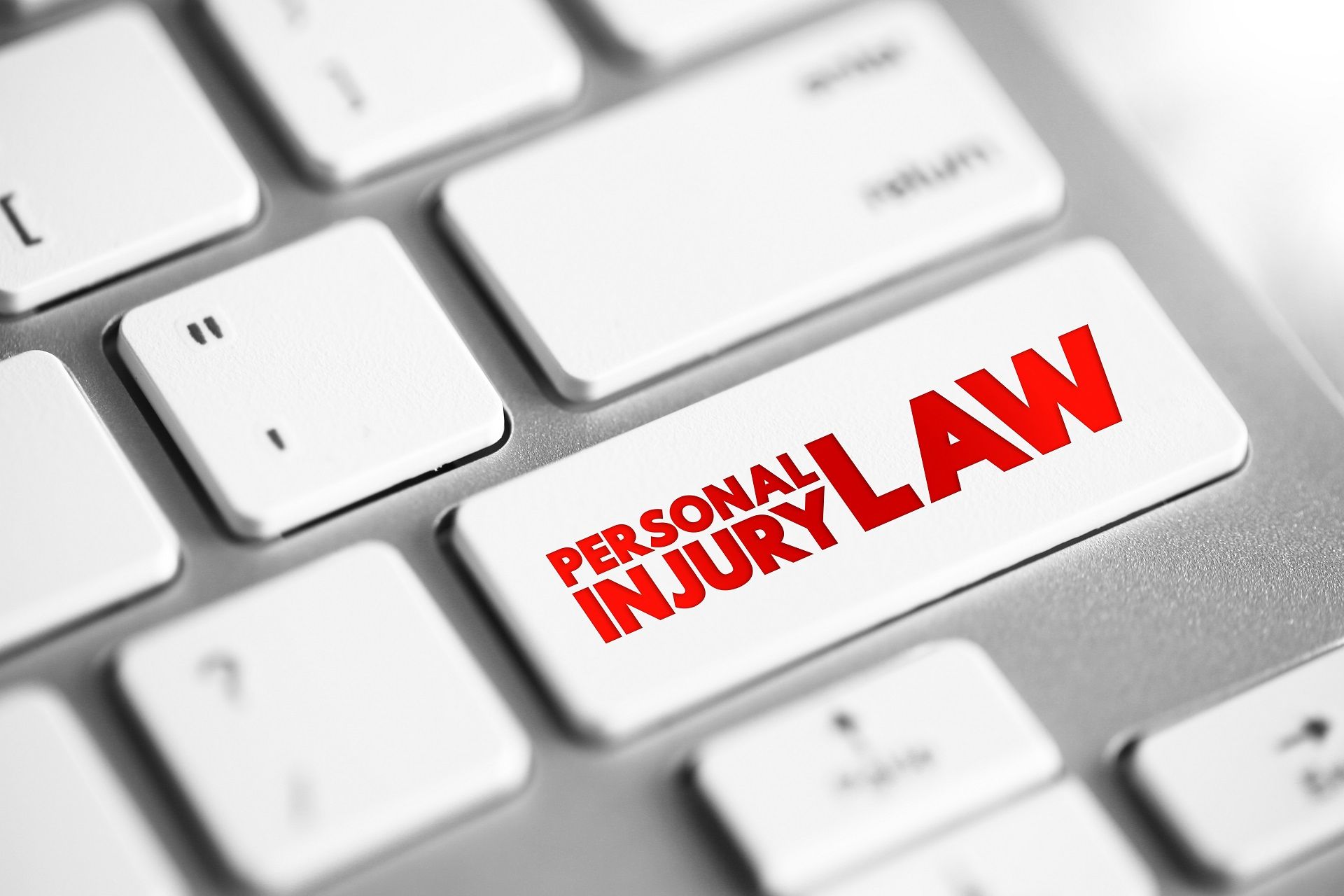Becoming a Vocational Expert - Vocational Evaluation Training

Not all professions are equally famous. Ask a random person on the street about what a lawyer or a doctor do and they’ll have no trouble describing their responsibilities. But if you ask them about vocation evaluation specialists, you’ll probably hear a bunch of cricket noises.
Nevertheless, a vocational expert is a dynamic profession that has a major impact on people’s lives as these professionals are often called in to testify in different kinds of court proceedings. They’re also one of the main contributors to the proper ruling in the court of law when it comes to disability cases.
Continue reading if you want to learn more about what these experts do and what kind of
vocational evaluation training is required for one to join this profession.
What Do Vocational Experts Do, Exactly?
Vocational experts or certified vocational evaluation specialists are tasked with providing a comprehensive vocational assessment service. They may assess individuals who have a wide variety of disabilities, education levels, and work histories.
The result of the assessment is a key part of an individual's future job placement.
Because of this, vocational experts have to complete vocational evaluation training to be able to demonstrate a deep understanding of different mental and physical disabilities. They administer, score, and interpret vocational interests, achievement, and psychological tests.
Additionally, they also conduct community-based assessments of a client’s abilities and vocational skills, and analyze different psychological, medical, educational, and socioeconomic information.
With all that data, the vocational expert can develop a formal evaluation plan and create written reports which are the basis of recommendations regarding employment and other kinds of activities.
The ‘’evaluated’’ individuals will also have more self-awareness about their strengths and limitations, along with how they relate to the opportunities in the current labor market.
As we mentioned previously, vocational experts are a major part of different kinds of legal proceedings. They’re often called upon to testify or are hired by lawyers whenever an individual’s vocational abilities are a point of discourse.
As an example, let’s take a look at divorce cases. One of the parties or the judge may order a vocational evaluation if the other party alleges they don’t have the ability to earn money. For instance, a spouse may claim they can’t earn a solid income even if they have a college degree and work experience.
A vocational expert can evaluate the person and prepare a report with their findings on the person’s vocational ability. This report can be used in court and the expert may be called in to testify.
Vocational Evaluation Training
College students can enroll in different kinds of programs, one of them being a vocational evaluation program. The main objective is to prepare students to complete rehabilitation evaluations and achieve the status of work adjustment specialists. They can acquire the knowledge required for professional use of the standardized psychological and educational-vocational test, situational assessment, work samples, assessment of functional abilities, and assessment of learning abilities.
The students who graduate from this program can find employment as vocational evaluators for different agencies. They’ll be well equipped to assess clients of different milieus, generate reports, and recommend behavioral and learning rehabilitation plans.
More importantly, students who go through this vocational evaluation training program are eligible to obtain national certification as a vocational evaluator.
The general curriculum of these programs requires the demonstration of seven areas:
1. Basics of rehabilitation counseling
2. Assessment and evaluation
3. Case management
4. Personal career development and placement
5. Interviewing and counseling
6. Research and analysis
7. Application
The main emphasis is usually placed on the understanding of vocational, psychological, medical, educational, and social aspects of different impairments and disabilities. Depending on the differences in training, background, and education, the course of study may be different for each individual.
In addition to the general requirements, graduate candidates may also earn master's degrees by completing a course in any of the following areas:
1. Vocational evaluation and work adjustment
2. Counselor for hearing-impaired people
3. Pediatric and developmental disabilities
4. General counseling
5. Substance abuse counseling
To work as a vocational expert, college graduates must become certified vocational evaluator specialists certified by the Commission of Rehabilitation Counseling Certification (CRCC).
Afterward, they must renew their certification every 5 years and complete continuing education units. This is 80 hours that need to be completed during a period of five years with a minimum of ten hours in ethics courses.
Earning this credential allows for career advancement and the attainment of greater earning potential with more professional mobility. Additionally, with a nationally recognized certification, it’s possible to attract respect from your colleagues, employers, and clients.
Should you become a vocational professional?
Wondering if it’s worth going through vocational evaluation training and choosing this as your profession? Well, if you like helping others, it’s a great choice!
As a vocational expert, you not only help each client determine which jobs fit them best, but you’re also helping people who are going through rehabilitation with their new career choices. You may clarify for them the requirements for different industries, explain different certifications, help with their job hunting strategies, and give them info on which training they need to become employable.
Most importantly, you can also ensure that those with legitimate disabilities can receive their well-deserved disability benefits.
Money-wise, the yearly earnings of vocational experts may be as high as $57k per year. At the moment, the average pay varies by as much as tens of thousands of dollars, which means there are many opportunities to advance depending on the skill level, experience, as well as location.
Help those in need
While doing a vocational assessment for a living isn’t as flashy or as popular as being a lawyer, the average salary isn’t that significantly lower when compared on averages.
You’ll constantly be meeting people who are involved in different types of cases and help assess their employability. Depending on the circumstances, this may completely change their life for the better.
So if you’re up for a dynamic job that offers a challenge and a great advancement opportunity, going through vocational evaluation training may be the right call for you.
RECENT POSTS
CONTACT US
We will get back to you as soon as possible.
Please try again later.
Evaluation Request
Contact Us
We will get back to you as soon as possible.
Please try again later.
Contact
Contact Us
We will get back to you as soon as possible.
Please try again later.
All Rights Reserved.
This website is managed by Oamii.







